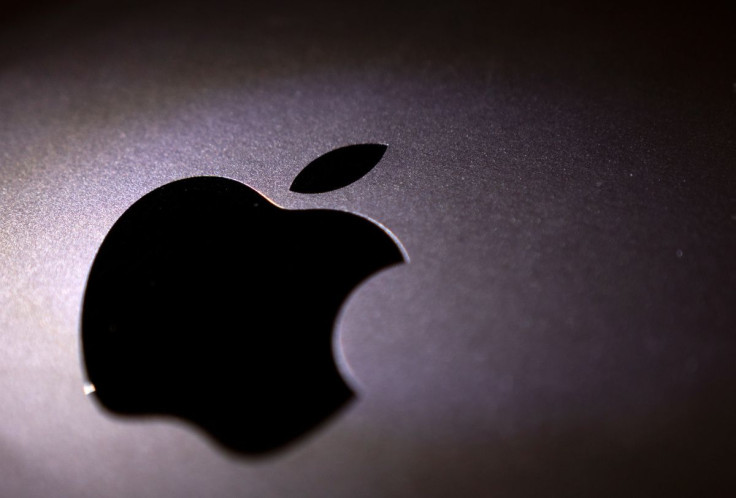Apple’s Pain In China Becomes A Gain For India

U.S. tech major, Apple's biggest market outside the states is China, where it churns out 90 percent of its products. However, plagued with the supply chain crises and other issues, it is knocking on the doors of India, which has emerged as the new destination for Apple's expansion plans.
Apple opening its production unit in India is a major milestone for the 1.4 billion country, which has been touted as an alternative to China. The Indian government is also offering financial incentives for tech production under its Make in India program.
The tech major is trying to shore up its supply chain as demand for its gadgets is rising spectacularly worldwide and India is going to be a major source to meet the global demand.
Apple has more than it can chew in China. Foxconn, Pegatron, and Wistron, which supply semiconductor chips to the U.S.-based tech giant, are based in Taiwan, which has become a mot in the eye of the Chinese government after the alleged provocative visit by the U.S. House Speaker Nancy Pelosky on Aug. 2.
As the global manufacturing hub, China's future is strongly tied to the military confrontations over Taiwan, which the communist nation considers its renegade province.
The largest populated nation in the world, which is also the richest nation in terms of purchasing power, has become more volatile due to the repeated pandemic lockdowns and, as a result, production has become expensive.
Again, it had to put up with supply chain shocks during the first wave of the COVID-19 pandemic in early 2020 when China imposed strict lockdowns on major cities.
When the Omicron variant hit China, the government imposed strict lockdowns, which the WHO described as not sustainable, that saw curbs on Shanghai, the leading manufacturing hub in the country, under its zero-COVID strategy. The lockdowns are likely to hit Apple's sales in the second quarter by $4 billion to $8 billion.
As the demand dwindled, the tech firm, which accounts for 18 percent of the Chinese smartphone market, was forced to effect discounts on its latest iPhone models for as high as 600 yuan ($89), which is rare for Apple.
Again, there are few places on the earth that match China in terms of skills or volume to satisfy Apple's demands and the code of secrecy.
The over-reliance on China is causing problems for Apple in more than one way. The tech firm was in the middle of a storm when former U.S. President Donald Trump started a trade war in 2018.
The company also found itself in the middle of scrutiny for its human rights record in China, when it was accused of using the labor of ethnic Uyghur Muslims, over which the U.S. and other western nations imposed sanctions on Beijing.
In fact, Apple was at the forefront of companies that lobbied against passing the Uyghur Forced Labor Prevention Act by the U.S. administration. Faced with enormous criticism, Apple was forced to unveil a new human rights policy for its suppliers in 2020 which put a thrust on fair and ethical workplaces under Apple's supplier code of conduct.
Apple's pain in China is going to be a gain for China's neighbor India, which is also the second largest nation in the world.
India is finding favor with Apple due to low labor costs and a large market where the company is planning to increase its production of iPhones from about 3 percent last year to 7 percent this year, the Wall Street Journal reported.
Apple will begin manufacturing the iPhone 14 in India in two months and plans to ship the next iPhone from both China and India at roughly the same time.
Foxconn, the primary producer of iPhones, is busy shipping components from China to be assembled for the iPhone 14 devices at its plant in the southern Indian city of Chennai.
The first iPhone 14s from India will hit the market in late October or November, following the initial release in September. Apple is betting big on India's largest festival, Diwali, which begins on Oct. 24, to reap rich dividends.
One of the major challenges to Apple's Indian expansion is going to be the production secrecy. Apple takes extra care to keep new product details confidential, and imposing the same rigorous controls in India is going to be difficult.
The tech firm could easily impose drastic security controls and stringent seclusion of its facilities in China due to the authoritarian nature of government in the communist nation. Replicating the same product secrecy in a democratic nation like India would be a tough task.
However, keeping in view the challenges the U.S. tech giant is facing in the communist nation, India definitely seems like a safer alternative.





